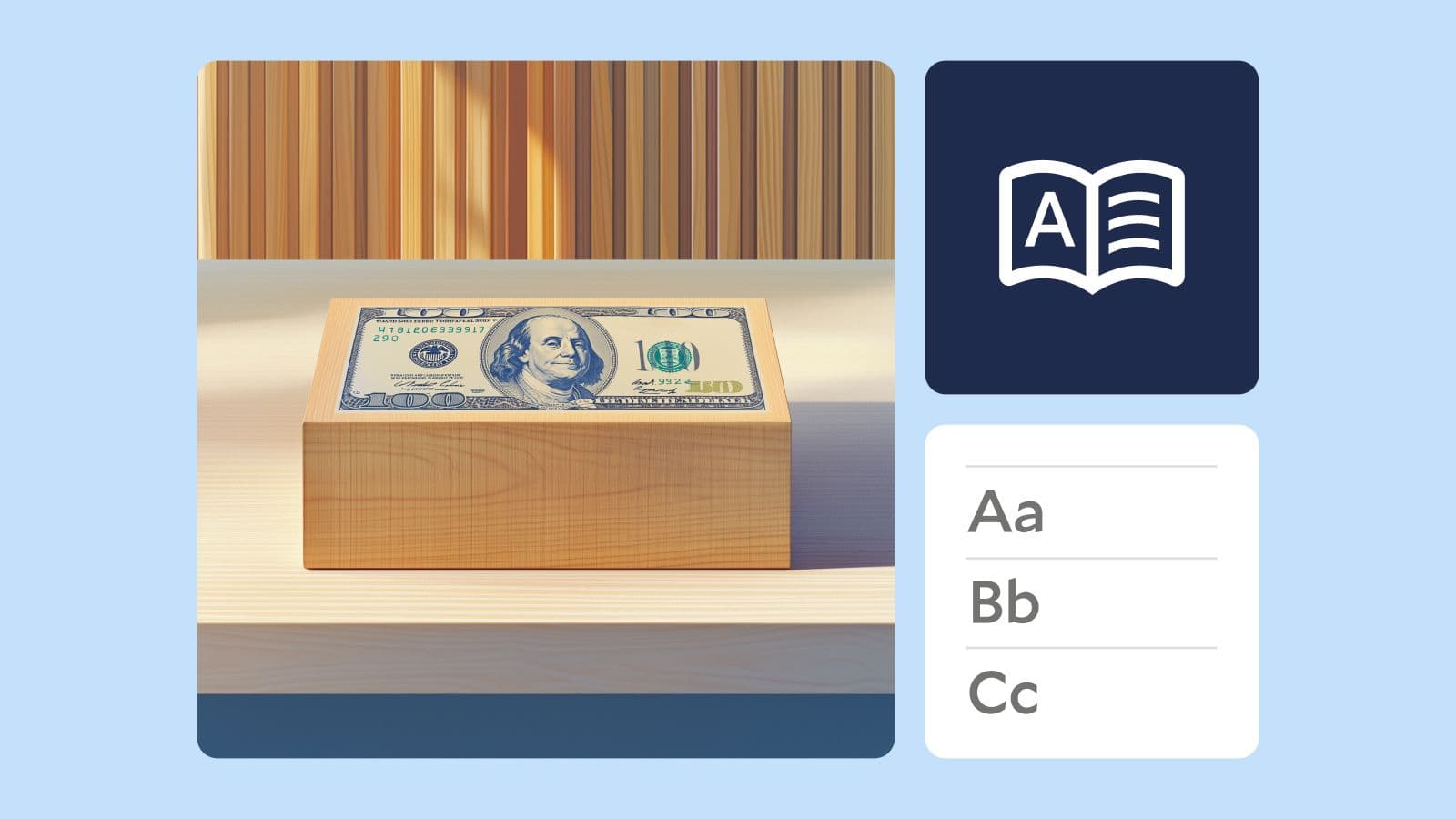Introducing Modern Treasury Payments. Built to move money across fiat and stablecoins. Learn more →
What is a Wire Transfer?
A wire transfer is an electronic payment made through a global network, allowing for fast, irreversible, foreign or domestic electronic money transfers.
A wire transfer is an electronic payment made through a global network, allowing for fast, irreversible, foreign or domestic electronic money transfers.
The global wire transfer network is administered by banks and money service businesses (MSBs). They work together to communicate the payment information through a secure system in order to settle, or reconcile balances, without ever transferring physical currency.
The system commonly used for international wires is SWIFT, the Society for World Interbank Transactions, a large network that allows banks and financial institutions to send and receive wire transfer instructions. US domestic wires run through Fedwire, an electronic funds-transfer service run by the Federal Reserve Board, and CHIPS, Fedwire’s private sector counterpart managed by The Clearing House. Domestic wires are governed by regulations such as the Uniform Commercial Code are in place to ensure domestic wires run through Fedwire settle within one business day.
Wire transfers play a critical role for businesses and individuals alike. They offer higher transaction limits for single payments and are often used when paying large sums of money. This could be a business paying for a large expense or a person making a major financial purchase, such as a home or car.
How do Wire Transfers work?
There’s no physical transfer of funds with Wire Transfers. So, how does that work?
Let’s say you’re house hunting. You find a house you love and want to send a down payment to your mortgage servicer as soon as possible. You could initiate that transaction multiple ways: by going into a branch, calling them, or going online depending on your bank.
But, to send the down payment, you’d need to provide the recipient’s name, the receiving bank routing number and account number, and the wire amount. Some banks may also require the sender’s bank address, account type, and currencies involved in the payment. If the payment is international, there might be currency conversion to take care of.
After that information is collected, your bank will relay the payment information and instructions to the recipient’s bank through a secure system, such as SWIFT, CHIPS, or Fedwire. The receiving bank will then deposit money from its reserve funds into the correct account. Later, the two institutions will settle the payment, which means they’ll adjust the account balances to reflect the transfer.
Domestic wire transfers will process the same day as long as they are initiated before the sending and receiving bank’s cut-off times. International wire transfers can take up to two business days.
How much are Wire Transfer fees?
Wire transfer fees can range from $0 to $50, making it one of the more expensive methods of moving money from one bank account to another. There are several reasons why banks charge more for wire transfers.
- Immediate availability. When they receive an incoming wire, banks promptly send money from their own reserves to the recipients account instead of waiting for the incoming payment to settle. As a result, money sent via wire transfer is usually available for withdrawal very quickly. The higher fees associated with wire transfers exist, in part, to offset the risk that banks incur in this process.
- Higher limits. Wire transfers have very high transaction limits, making it a useful method for large B2B payments, real estate transactions, car purchases, etc. When the transaction size is high enough, the elevated fee is usually insignificant and worth paying to make the funds quickly accessible.
- Global network. When large amounts of foreign currencies are traded, banks charge other banks a midmarket, or interbank, exchange rate. If the foreign bank has to convert the money on the receiving end, they will usually charge a higher markup. If the sending bank does not have a direct relationship with a receiving bank, there usually will be an intermediary bank, who may deduct a fee as well. However, the benefit is that you can safely transfer money around the world, in any currency. And your SWIFT code provides a unique identifier to make sure the transfer reaches the correct recipient.
Electronic Payment via ACH vs. Wire Transfers
Both of these methods, ACH payments and wire transfer, are used to move funds from one bank to another. However, they have their differences in terms of speed and costs. ACH payments may take a little longer to process, however, they are less costly and even safer for senders.
Wire Transfer safety
Compared to ACH and other electronic transfer methods, wire transfer is considered to be a highly secure and safe way to large amounts of money. Most services will verify the identity of both the sender and the recipient to ensure the transaction is legitimate, and both US and international wire transfers are monitored for fraud protection.
However, due to its speed and irreversible nature, wires can still be used to commit fraud. It’s important to never send money to anyone you don’t know, protect your personal account information, and monitor your bank statements closely to avoid scams.
History of Wire Transfers
Wire transfers date back to the 19th century. Western Union used their telegraph network to send wire transfers as early as the 1870s. Senders would bring money to the telegraph office and the operation would send a message and “wire” the funds to another location. For security, the parties involved would use codes and passwords to ensure the funds were released to the right person.
Get the latest articles, guides, and insights delivered to your inbox.
Authors

Chris Frakes is the Head of Content, Brand Marketing, and Communications at Modern Treasury. She likes to write and edit pieces that help demystify complex products. She's formerly a journalist, banker, and consultant, and has over a decade of experience in fintech.






